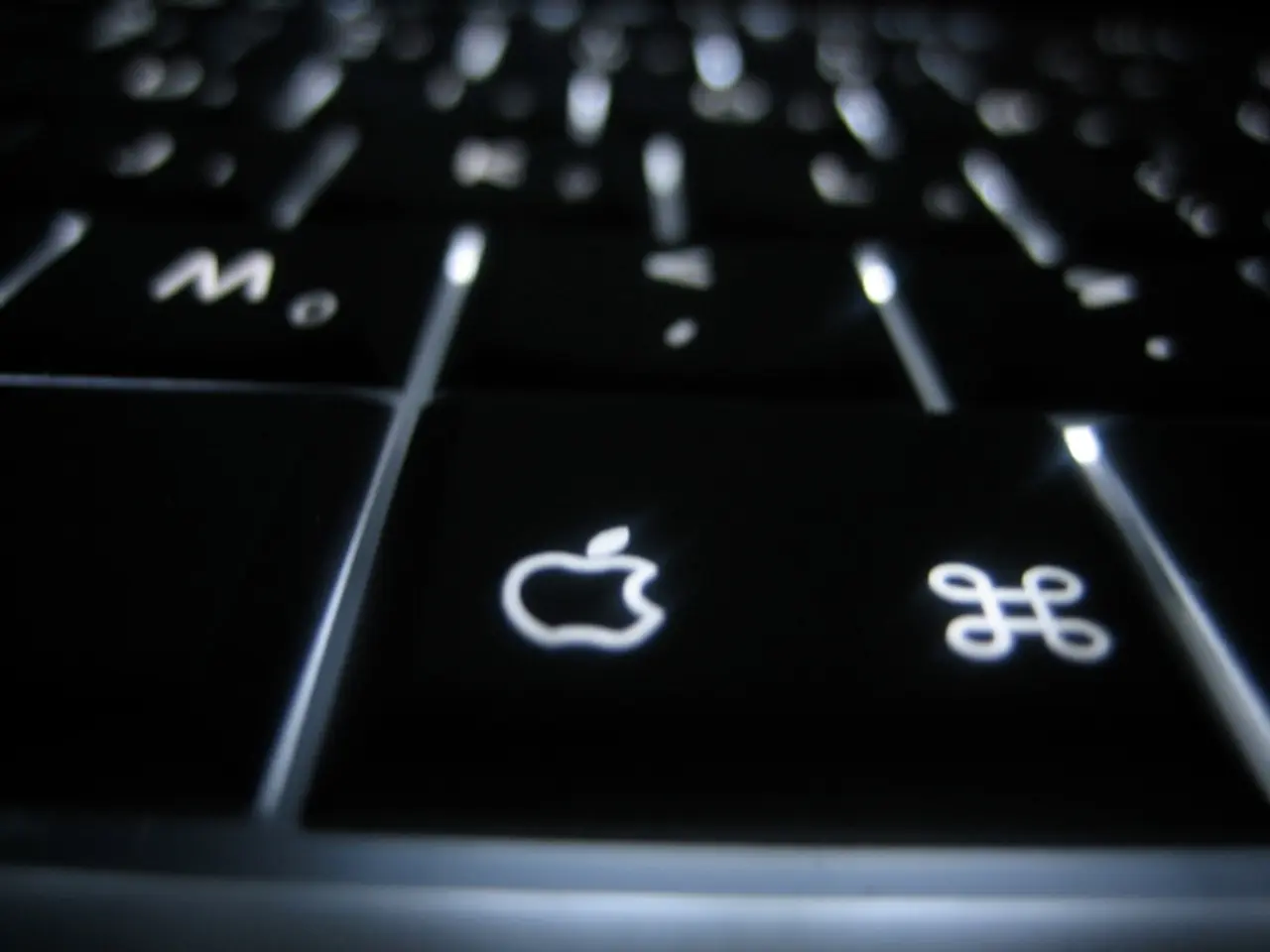Massive Acquisitions: Billions spent on stock repurchases in these companies
The trend of company share buybacks has been on the rise in the US, reaching unprecedented levels in 2025, while in Europe, buybacks are less emphasized but still active.
In the US, share buybacks hit a record $165.63 billion in July 2025, a 88% increase from the previous peak in July 2007. Year-to-date buybacks reached $926.1 billion, surpassing the previous year’s record by $108 billion. This growth is driven by strong corporate confidence despite economic uncertainties such as tariffs. The top sectors involved include Financials, Technology, and Communication Services. Major banks like JPMorgan, Bank of America, and Morgan Stanley announced large buyback programs, facilitated by relaxed regulatory capital requirements.
European companies, on the other hand, have been more cautious but still undertake buybacks. For instance, a German defense manufacturer showed significant share price appreciation, reflecting strategic buyback and investment decisions, and European utilities have seen renewed strength offering opportunities for infrastructure investments also linked with buybacks.
Key factors influencing buyback trends include corporate confidence and outlook, regulatory environment, market conditions and earnings, strategic financial considerations, corporate governance and executive compensation, criticism and risks. The US market shows a stronger and more aggressive share buyback trend than Europe, driven by a combination of deregulation, favorable tax policies, and strong corporate earnings, while Europe remains more measured but active in selective sectors and regions.
Companies should only spend on buybacks if all necessary investments are financed, the debt level is normal, and shares are permanently removed from circulation. In the US, share buybacks are more valued than dividends, providing American companies with more flexibility. For the first time, members of the S&P 500 index will surpass the trillion-dollar threshold with this instrument.
Notable examples include Munich Re, an insurance conglomerate, which has taken more than 40% of its shares off the market since 2006, and Mercedes-Benz Group, which is currently spending around €5 million per day on buying back its own shares. BASF is planning to redirect part of its previous dividend funds into share buybacks, starting as early as 2027. JP Morgan has bought back $17 billion worth of its own shares over the past 12 months, and Daimler Truck has planned up to €2 billion for buybacks.
American top companies are expected to spend $1.07 trillion on buying their own shares in 2025, according to Goldman Sachs. Tech companies like Alphabet, Meta, Nvidia, and Microsoft have collectively bought back $120 billion worth of their own shares, with Apple leading the way, having bought back $91 billion worth of its own shares over the past 12 months.
However, the trend is not without criticism. Some argue that buybacks signal lack of profitable growth opportunities and may weaken companies’ cash reserves during downturns. Companies should exercise caution and ensure that they maintain a healthy financial position while engaging in buybacks.
This article first appeared in BÖRSE ONLINE 44/24.
References: [1] "Share buybacks soar to record levels in 2025", CNBC, 2025 [2] "Buybacks vs. Dividends: A Comparative Analysis", McKinsey & Company, 2024 [3] "European companies embrace share buybacks", Financial Times, 2025 [5] "The Pros and Cons of Share Buybacks", Harvard Business Review, 2024
Companies in the US are investing heavily in share buybacks, with $1.07 trillion spent by top companies in 2025, a 88% increase from the previous peak in 2007. This trend is driven by strong corporate confidence, favorable tax policies, and deregulation, with major players like JPMorgan, Bank of America, and Morgan Stanley playing significant roles. Conversely, European companies are more conservative in their buyback activities, but still undertake them strategically, as shown by German defense manufacturers and European utilities. Despite the growth in buybacks, there's ongoing debate about their implications for business and finance, with critics arguing they can signal lack of growth opportunities and weaken a company's cash reserves during downturns.




